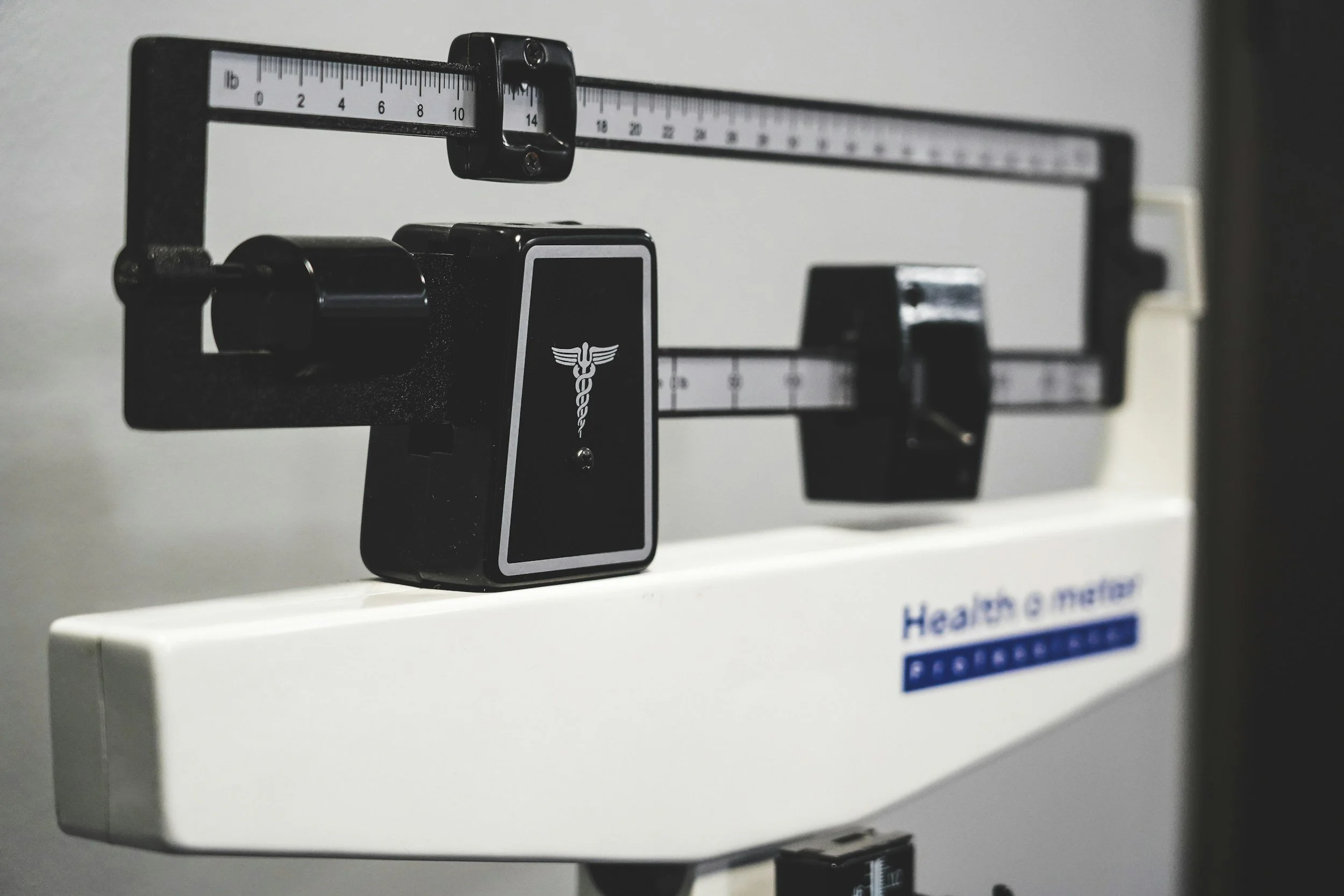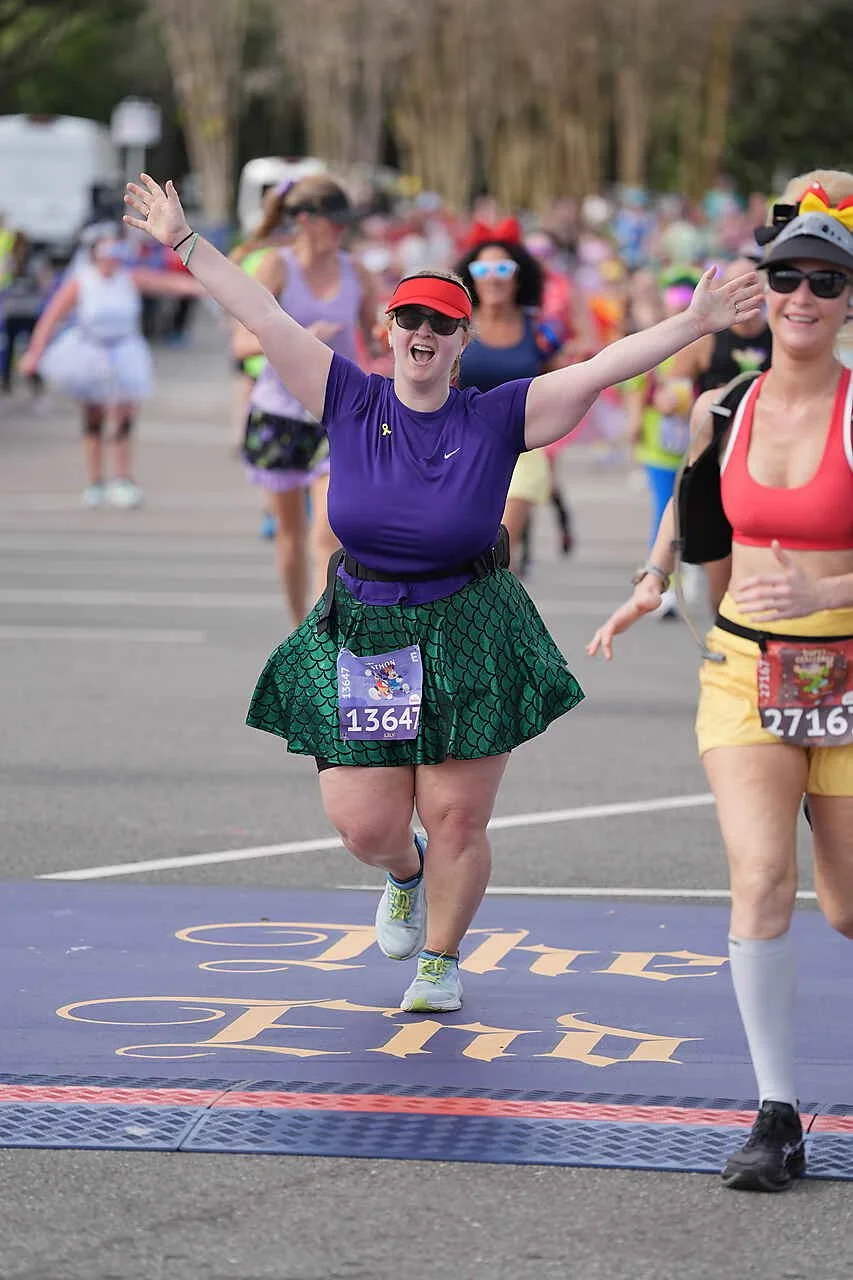Practical Tips for Managing Anxiety: Strategies for a Calmer Mind
Practical Tips for Managing Anxiety: Strategies for a Calmer Mind
Written by Lily Thrope
Feeling anxious or overwhelmed is a common human experience, and many of us are feeling it. For some, anxiety becomes excessive, persistent, and disruptive to daily life. If you struggle with anxiety, you are not alone. The good news is that there are many practical methods for managing anxiety and encouraging a feeling of well-being. Here are some viable tips for managing anxiety and promoting a calmer mind:
Spend more time in nature. The Japanese practice, known as, ‘Forest Bathing’, has gained popularity in our culture. It is scientifically proven that spending more time outside in a green space can reduce stress. Spending at least 20 minutes outside in nature can ease anxiety and help lower stress hormone levels. Take a relaxing walk in the woods, a jog through the park, or a stroll by a body of water. If you have difficulty finding time to reconnect with the natural world, see if you can take a stroll outside during your lunch break or go on a morning walk.
Try mindfulness exercises such as meditations or breathing exercises. There are many variations on breathing mindfully, such as belly breathing or box breathing, used in moments of high stress. Taking deep, intentional breaths and visualizing the breath moving down your spine and toward your feet can ground you in a stressful situation. Your body and mind benefit from taking time to settle, be present, and re-energize, so you can go on with your busy day.
Adhering to a relaxing bedtime routine can be an effective way of managing anxiety. An inconsistent sleep schedule negatively affects quality of rest and ultimately physical and mental health. Invest in comfortable bedding and limit screens before bedtime. Curb your caffeine use, especially before bed, since it can stimulate the nervous system and make anxiety symptoms worse. Essential oils such as lavender and chamomile are conducive to better relaxation and sleep.
Incorporate joyful movement. According to the US Department of Health and Human Services, physical movement has many well-established mental health benefits, including reducing anxiety and depression, enhancing brain health and cognitive function, providing a better night’s sleep and an overall improved quality of life. Increased movement also promotes a better sense of self-esteem and self-confidence and reduces negative, intrusive thoughts.
Lean on your support systems, like trusted friends or family. Confiding in people to whom you are close can be very helpful in working through your anxiety. If you or someone you know is struggling with anxiety, consider speaking to a therapist: schedule your free 15 minute consultation today. Please email us with any questions or inquiries at hello@thropetherapy.com.




